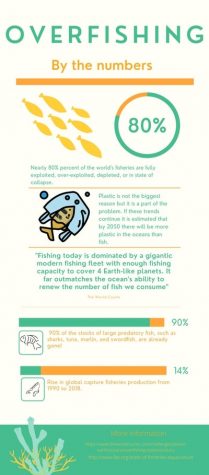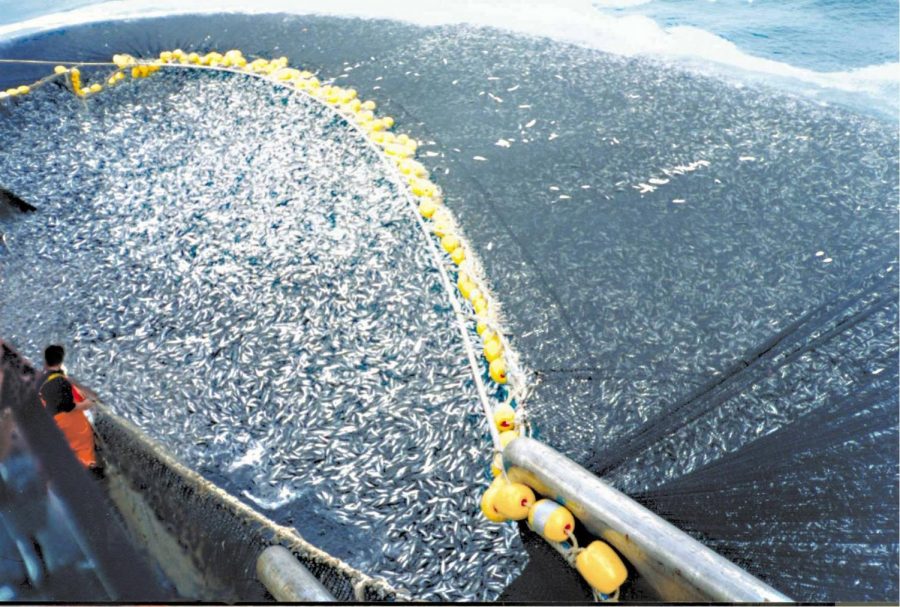The problem is past plastic
The abuse of the fishing industry leaves a lasting mark
The deceptive practices of the fishing industry has put a vital ecosystem at risk of extinction.
Picking up plastic at the beach has lost its value in helping protect our oceans.
Don’t get me wrong here, picking up plastic from the oceans doesn’t hurt but the problem is merely past plastic pollution in the oceans. The issue can be traced right down to the multibillion dollar industry of fishing.
The deception within the fishing industry is more widespread than ever. Of the annually 160 billion pounds of fish caught every year an estimated 40 percent, nearly 63 billion pounds, is discarded. That’s two-fifths of marine life discarded. Known as bycatch this is a persistent global problem. (These numbers are estimated by independent researchers since little coverage is put out as fishery managers work to keep things under wraps.)
At the same time we can’t deny that plastic pollution is deteriorating our sea life rapidly. The effects of plastic pollution are extremely detrimental. Ingestion, suffocation and entanglement of marine life is due to the excessive amounts of plastic in our oceans. Plastic is right up at the top of the list amongst overfishing as a major cause of marine life death.
As plastic does its fair share of damage to our sea creatures, the life in our oceans are being drawn out for reasons past human needs. We are taking away from our ecosystems at far quicker pace than they can repopulate, and earth is on the brink of a sixth mass extinction.
Basically, overfishing is the catalyst for ruined ecosystems and polluted seas.

To really understand the scope of this issue we need to understand the importance of our ocean ecosystems — from producing the air we breathe, to helping regulate the climate, to being the source for millions of jobs. The ocean’s inhabitants even play a role in the fight against climate change as they absorb carbon dioxide and keep the ocean’s acid levels steady.
Plastic is a large problem, but it’s a problem that should shed light on the fact that overfishing destroys our planet on a scale that we as humans fail to recognize. In a way, people are not entirely to blame; it’s the lack of knowledge. The lack of correct knowledge can be traced to fisheries that misguide and claim they do “sustainable fishing.” Many fisheries worldwide are unregulated, so private corporations are easily open to create food labels that appeal to the customer to make them feel better about the product they are buying.
Even though picking up plastic and decreasing the use of plastic is good, boycotting the fishing industry will help on a greater scale.
Unless governments and corporations realize that the biodiversity of our oceans are vital and worth protecting we can say goodbye to “plenty of fish in the sea.”

Interests/Hobbies? Volleyball, Piano, Writing and Reading, Watching Basketball/Soccer.
Dream Destination? Switzerland
Something I'd tell my 10 year...











